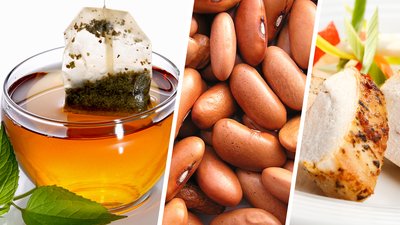When it comes to losing weight, metabolism plays a key role. Put simply, metabolism is the process by which your body converts food to energy and, thus, burns calories. While it's unlikely that a slow metabolism is to blame for steadily-increasing numbers on the scale, what you eat and drink—in addition to your level of physical activity—does have an impact.
As it turns out, choosing certain foods can help put you on the fat-blasting path.
"When you eat foods that contain protein, your body expends more energy to metabolize this protein," says Amy Gorin, RDN.
Tea
If you're looking to rev up your fat-burning potential, reaching for a cup of hot tea—specifically the green variety—could be the way to go.
"Regularly drinking green tea may increase metabolism because of the caffeine and catechins it contains," says Gorin.

Research published in The American Journal of Clinical Nutrition found that green tea extract may provide a small boost in metabolism for up to 24 hours.[1]
"Green tea contains a particular type of catechin called EGCG that contributes to the tea's ability to promote fat oxidation and increase metabolism beyond just the effects of caffeine alone" Gorin says.
However, results could differ on a case-by-case basis.
"Catechins may have different effects on metabolism depending on your ethnicity," Gorin explains. "For example, research suggests that Caucasians are less sensitive to the metabolic effects than Asians."[2]
Eggs
Jumpstart your metabolism first thing in the morning by including eggs as part of your breakfast. Not only can they be cooked up in a variety of ways (meaning you'll never get bored of them), but the protein-packed yolks can give your metabolism a nice little boost, while keeping you satiated.[3] In fact, a 2008 study found that participants who included an egg breakfast as part of a healthy weight-loss diet lost significantly more weight than those participants who ate a calorie-matched meal without eggs.[4]
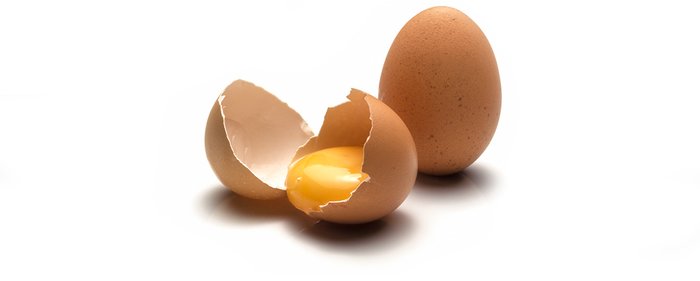
Chicken Breast
We know that eating—the act of chewing, swallowing, and breaking down food—expends energy, but not all calories are made (or spent) equally.
"When you eat foods that contain protein, your body expends more energy to metabolize and store this protein," says Gorin.
In comparison to the 5-10 percent of total calories it takes to break down carbs and the 0-3 percent it takes to break down fats, protein takes the most energy to digest. A whopping 20-30 percent of total calories that come from your protein source are used to digest it. Chicken breast makes for a great lean protein source, and it can be prepped in a variety of ways: Throw a pound in the crock pot for shredded tacos, dice it up with some veggies to throw on the grill for kabobs, or bake it in the oven alongside a tasty sweet potato.
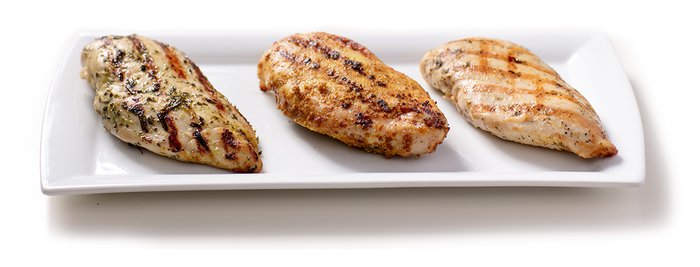
Red Pepper
Research shows that eating spicy foods may help keep your metabolism humming. Several studies have shown that adding red pepper (anywhere from 6-10 grams) to your meal can increase energy expenditure, while also decreasing appetite at subsequent meals.[5,6]
Pick your heat of choice. The capsaicin found in chili peppers and paprika has been shown to boost metabolic rates and decrease cholesterol absorption, while increasing fat-metabolizing enzymes. Looking for other hot ways to give your metabolism a boost? Reach for some Tabasco sauce, add a chili-powder rub to your chicken, or dip your chips in hot (not mild) salsa.
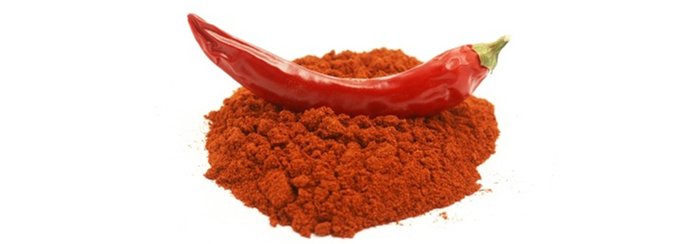
Beans
Next time you're looking to turn that side salad into a full meal, or looking for a quick dish to add to your meal that won't come at a high calorie cost, think beans. Beans are a good source of fiber, protein, and B vitamins.
B vitamins play an important role in converting food into fuel, allowing us to stay energized throughout the day. With 15 grams of protein, 15 grams of fiber, and only 227 calories per cup serving, a helping of black beans will help you feel full longer and come at a low-calorie cost.
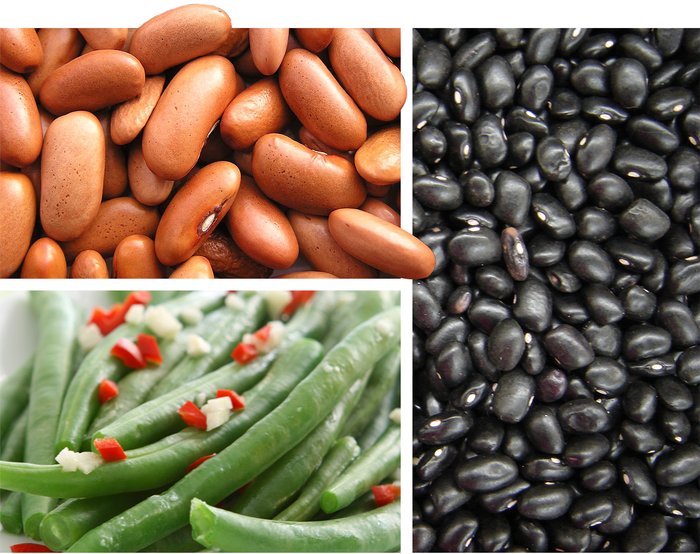
Coffee
"Drinking a cup of coffee in the morning can do more than just keep you awake, it can also aid in healthy weight management," says Bodybuilding.com science editor Krissy Kendall, PhD.
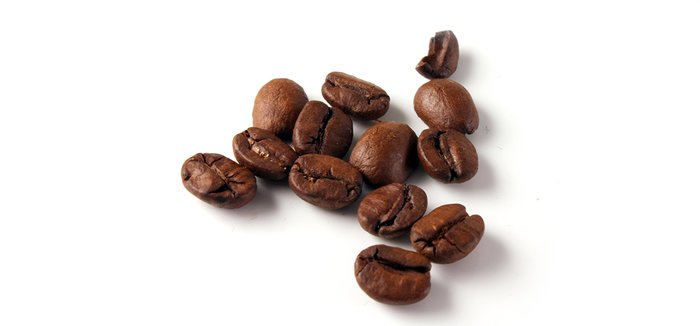
Caffeine, the active ingredient in coffee, has been shown in multiple studies to boost metabolism and increase the rate of fat breakdown.[7,8] Consider replacing the milk or water in your overnight oats with a cup of coffee. It's definitely a case where two is better than one.
"In addition to the energy and metabolism pick-me-up you'll get with the coffee, the fiber in the oats can help slow down digestion and keep you full longer," Kendall adds.
Greek Yogurt
Not only is Greek yogurt packed with protein, but it's an excellent source of calcium.
"We often think of calcium as a bone-building mineral, but it can also provide a small increase in thermogenesis, allowing your body to burn more calories," Kendall says.
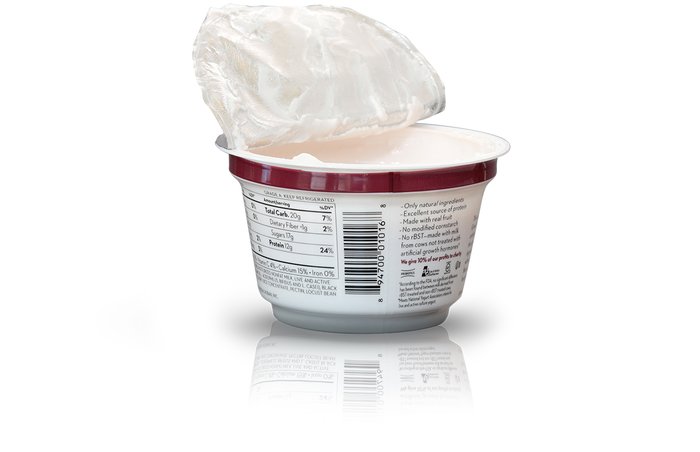
Multiple studies have shown that diets higher in calcium can lead to greater reductions in fat mass when combined with a reduced-calorie diet and exercise.[9,10] If Greek yogurt isn't your thing, opt for regular plain yogurt, low-fat milk, or cottage cheese.
Salmon
This fatty fish is an excellent source of omega-3s, which is key if you're looking to crank up your metabolism.
"EPA and DHA, two essential fatty acids found in omega-3s, can have a positive effect on leptin—a hormone that regulates metabolism rate," Kendall says.
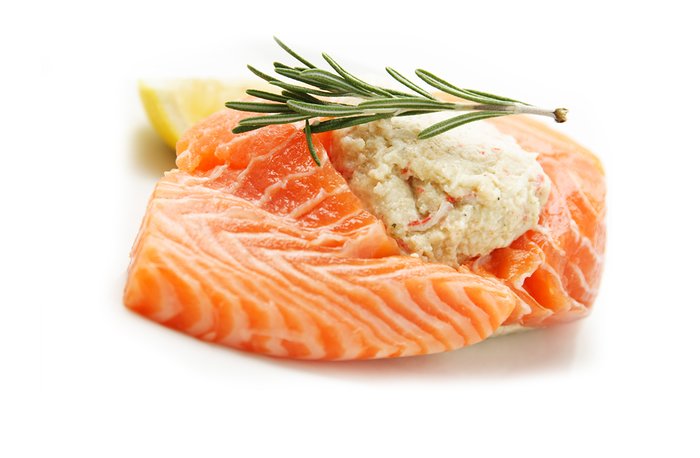
Studies have shown that diets higher in omega-3s can have favorable effects on body composition by increasing metabolic rate, energy expenditure during exercise, and lean mass.[11-13]
References
- Dulloo, A. G., Duret, C., Rohrer, D., Girardier, L., Mensi, N., Fathi, M., ... & Vandermander, J. (1999). Efficacy of a green tea extract rich in catechin polyphenols and caffeine in increasing 24-h energy expenditure and fat oxidation in humans. The American Journal of Clinical Nutrition, 70(6), 1040-1045.
- Hursel, R., Viechtbauer, W., & Westerterp-Plantenga, M. S. (2009). The effects of green tea on weight loss and weight maintenance: a meta-analysis. International Journal of Obesity, 33(9), 956-961.
- Vander Wal, J. S., Marth, J. M., Khosla, P., Jen, K. C., & Dhurandhar, N. V. (2005). Short-term effect of eggs on satiety in overweight and obese subjects. Journal of the American College of Nutrition, 24(6), 510-515.
- Vander Wal, J. S., Gupta, A., Khosla, P., & Dhurandhar, N. V. (2008). Egg breakfast enhances weight loss. International Journal of Obesity, 32(10), 1545-1551.
- Yoshioka, M., Kiwon, L. I. M., Kikuzato, S., Kiyonaga, A., Tanaka, H., Shindo, M., & Suzuki, M. (1995). Effects of red-pepper diet on the energy metabolism in men. Journal of Nutritional Science and Vitaminology, 41(6), 647-656.
- Yoshioka, M., St-Pierre, S., Drapeau, V., Dionne, I., Doucet, E., Suzuki, M., & Tremblay, A. (1999). Effects of red pepper on appetite and energy intake. British Journal of Nutrition, 82(02), 115-123.
- Acheson, K. J., Zahorska-Markiewicz, B., Pittet, P., Anantharaman, K., & Jéquier, E. (1980). Caffeine and coffee: their influence on metabolic rate and substrate utilization in normal weight and obese individuals. The American Journal of Clinical Nutrition, 33(5), 989-997.
- Dulloo, A. G., Geissler, C. A., Horton, T., Collins, A., & Miller, D. S. (1989). Normal caffeine consumption: influence on thermogenesis and daily energy expenditure in lean and postobese human volunteers. The American Journal of Clinical Nutrition, 49(1), 44-50.
- Zemel, M. B., Thompson, W., Milstead, A., Morris, K., & Campbell, P. (2004). Calcium and dairy acceleration of weight and fat loss during energy restriction in obese adults. Obesity, 12(4), 582-590.
- Heaney, R. P., Davies, K. M., & Barger-Lux, M. J. (2002). Calcium and weight: clinical studies. Journal of the American College of Nutrition, 21(2), 152S-155S.
- Logan, S. L., & Spriet, L. L. (2015). Omega-3 fatty acid supplementation for 12 weeks increases resting and exercise metabolic rate in healthy community-dwelling older females. PloS ONE, 10(12), e0144828.
- Smith, G. I., Atherton, P., Reeds, D. N., Mohammed, B. S., Rankin, D., Rennie, M. J., & Mittendorfer, B. (2011). Dietary omega-3 fatty acid supplementation increases the rate of muscle protein synthesis in older adults: a randomized controlled trial. The American Journal of Clinical Nutrition, 93(2), 402-412.
- Hill, A. M., Buckley, J. D., Murphy, K. J., & Howe, P. R. (2007). Combining fish-oil supplements with regular aerobic exercise improves body composition and cardiovascular disease risk factors. The American Journal of Clinical Nutrition, 85(5), 1267-1274.

